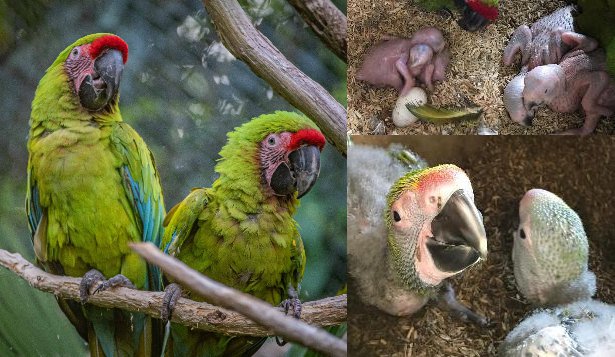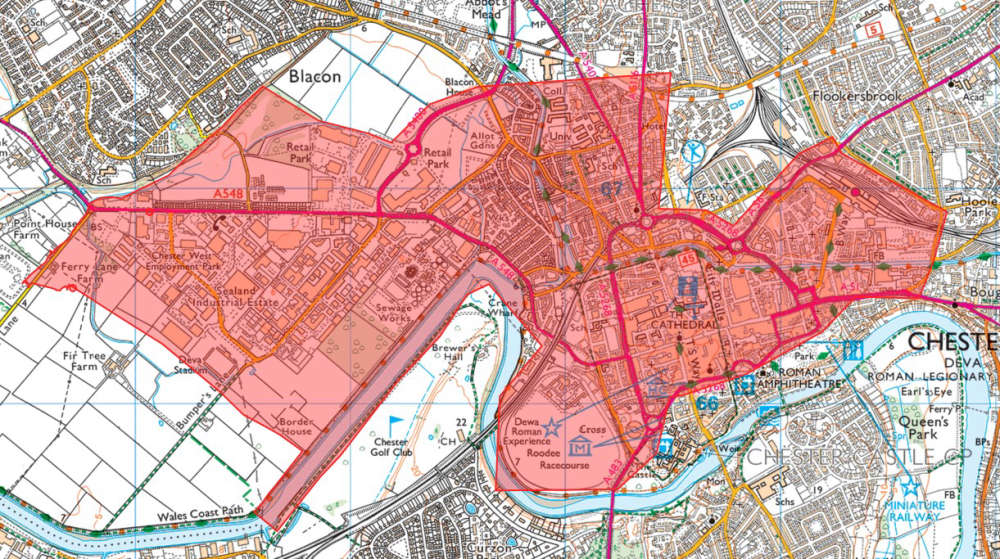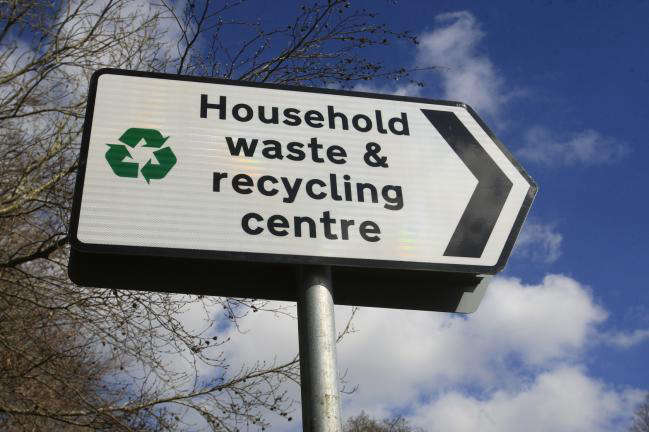
Bird experts at Chester Zoo have successfully bred and reared two great green macaw chicks for the first time.
The precious pair, which hatched in April, have spent the last three months hidden away inside their nest under the diligent care of new parents, Royan and Dresden.
Conservationists at the zoo have been keeping a close eye on the new duo; carefully monitoring their development in the nest and providing plenty of nuts, seeds and fruit to help feed the chicks. The youngsters, which fledged after more than 90 days in the nest, will remain with their parents for some time while they learn all the behaviours needed for adulthood.
In the wild, the colourful birds live in the lowland forests of Central and South America, ranging from Honduras, Nicaragua, Costa Rica and Panama to Northern Colombia. There is also a tiny population in Ecuador, thought to consist of just 30 - 40 individuals. Scientists believe the global population is now estimated to be fewer than 2,500.
Zoe Sweetman, Assistant Team Manager of Parrots and Penguins at the zoo, said:
“It’s been a wonderful experience to watch the youngsters develop - from tiny, naked and helpless chicks when they first hatched to the huge, beautiful birds we see now. New mum Dresden and dad Royan have been model parents, gently preening and feeding the chicks with their enormous bills and guarding them closely.
“It’s an incredible achievement for the whole zoo team to have bred these iconic birds for the first time and delightful to share and celebrate the news with our colleagues at the Macaw Recovery Network in Costa Rica, who we work closely with to conserve these precious birds in the wild.”
Listed as endangered by the International Union for the Conservation of Nature (IUCN), the great green macaw is under threat from extensive habitat destruction and the conversion of its forest home for logging and agricultural land. Huge areas of forest have been converted to banana, pineapple and palm oil plantations or cleared for cattle ranching. The birds’ brightly coloured plumage also means they are high value on the illegal pet trade – the world’s fourth largest international crime – and many are trapped, captured and then sold on the black market.
Andrew Owen, Curator of Birds at the zoo, added:
“Global populations of the great green macaw have been decimated by more than 50% in just the last three generations. They are now considered very rare in four of the six countries that they are found. To have successfully reared these magnificent birds, just a few months after the parents arrived here in Chester, is therefore really wonderful news. We hope these stunning new arrivals will prove to be vital additions to the European endangered species breeding programme - which is working to prevent the extinction of these beautiful birds.”
Chester Zoo also supports and carries out parrot conservation activities in the Cerro Blanco Protective Forest in Ecuador, where a tiny population of great green macaws may still survive.
Great green macaw facts:
· The first of the two chicks hatched at the zoo on 19 April and the second on 23 April
· The adult pair (male Royan ‘Roy’ and female Dresden ‘Dee’) only arrived in Chester from a zoo in France in September 2019 and nesting activity started early in 2020.

 Advice for football fans in the run up to Chester FC v Macclesfield FC match
Advice for football fans in the run up to Chester FC v Macclesfield FC match
 A Beary Magical Adventure Awaits as BADG Presents Goldilocks and the Three Bears
A Beary Magical Adventure Awaits as BADG Presents Goldilocks and the Three Bears
 Blues Match Report: AFC Telford United 3 - 1 Chester FC
Blues Match Report: AFC Telford United 3 - 1 Chester FC
 Appeal for information following serious assault in Cuddington
Appeal for information following serious assault in Cuddington
 Ty Croes Atti Care Home officially opens its doors
Ty Croes Atti Care Home officially opens its doors
 Exploring the future of former care home site
Exploring the future of former care home site
 Next slide please for Cheshire Archives
Next slide please for Cheshire Archives
 Sisters jailed for violent assault in Chester city centre
Sisters jailed for violent assault in Chester city centre
 Local MP Announces Winner of Christmas Card Competition
Local MP Announces Winner of Christmas Card Competition
 Crime gang jailed after £1.5m worth of drugs seized
Crime gang jailed after £1.5m worth of drugs seized
 Men charged with public order offences following incident in Ellesmere Port
Men charged with public order offences following incident in Ellesmere Port
 Flintshire County Council hits 70% recycling target
Flintshire County Council hits 70% recycling target
 Cheshire Community Foundation launches ‘game-changing’ giving scheme
Cheshire Community Foundation launches ‘game-changing’ giving scheme
 Blues Match Report: Chester FC 1 - 3 South Shields
Blues Match Report: Chester FC 1 - 3 South Shields
 Blues Match Preview: Chester FC v South Shields
Blues Match Preview: Chester FC v South Shields
 Man sentenced after campaign of harassment against victim
Man sentenced after campaign of harassment against victim